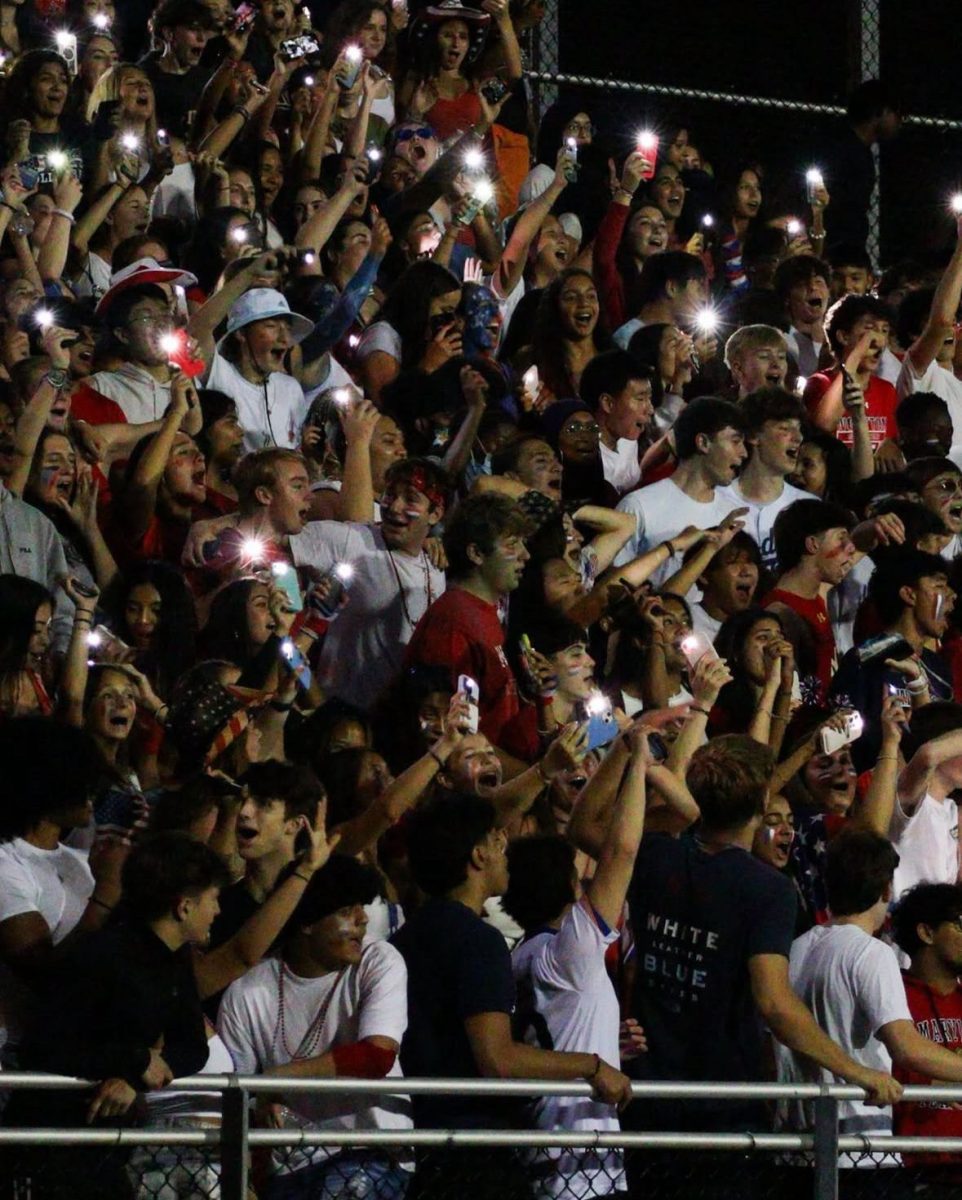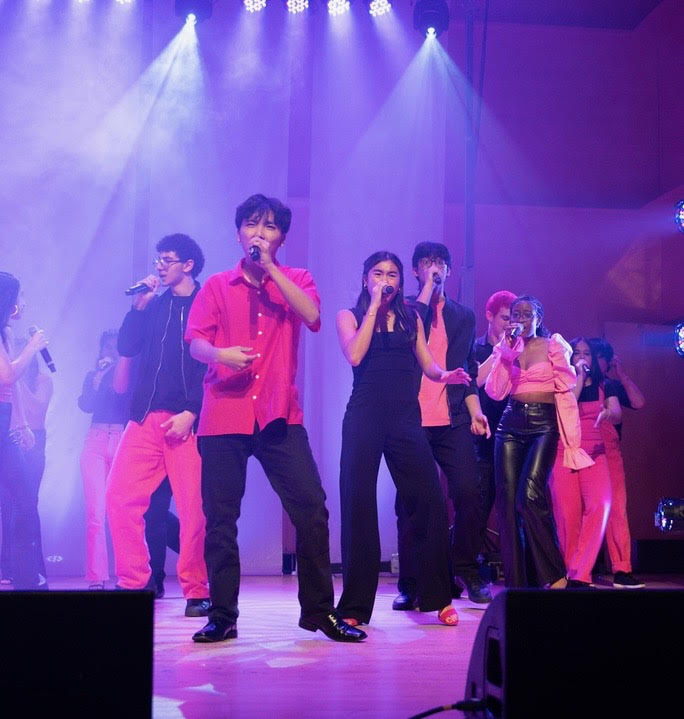When the homecoming nominee ballots were distributed in first period this past September, I experienced more personal agony than at almost any point in my whole high school career. As someone who generally despises formal school functions (and who greatly prefers to be in control of his situation), I was furious at the possibility of being nominated for the accursed homecoming court without any personal input.
My girlfriend and I have been together for a year and a half and we’re a fairly well known couple, so I knew that the possibility of being nominated was all too high. I spent that whole day the victim of people constantly cornering me and telling me they voted for me, as if I was supposed to be thankful or honored.
I won homecoming king this year – and my girlfriend won queen – and I want to make clear that I’m not complaining about having won. I’m complaining about the process from the perspective of someone who has endured it, and to tell you why it must be reformed.
The simplest intent of the homecoming court, in essence, is to select one male and one female from each grade to be its representatives at the pep rally, football game, and dance; nominees become the “face” of the grade, if you will.
Let me phrase that less subtly: at its core, this is a popularity contest.
Now I don’t consider myself to be the most popular person in the grade by any measure, and I’m fairly certain most people would agree with that. But this system fosters an unnecessary sense of competition among peers, and places wholly undue importance on every trait except for intellect. Nominees are generally selected solely because of how many friends they have.
But what about the opposite, when students are known to have very few friends? Imagine what can happen when high schoolers are given unchecked power to nominate anyone they please.
In my several years here, I’ve seen the infamous but all-too-common “joke” nominee, the nominee who isn’t popular for anything but their frequently cited name. In this case, the name isn’t one of respect or popularity. It’s a name that will provide a collective jeer at the pep rally, or a laugh in homeroom, or a snide comment in the halls.
High schoolers are cruel; as an entity, they love taking the spotlight and forcing it onto those unexpecting and undesiring, handing them a microphone and waiting anxiously for them to speak, to make a mistake, to slip up, to fail. And worst of all that person has absolutely no say in whether or not they are nominated.
I respect the idea of the homecoming king and queen. It’s an old tradition and one that is definitively American. But at the very least nominees should be consulted before they are placed on the ballot and subject to the cruelty produced by a generation raised on getting likes on social media. Requiring them to make a speech in front of the whole school (and go to the dance itself) is just wrong, especially if they don’t have the option to back down from it.
Sometimes the system nominates an awkward introvert. Sometimes it nominates the most popular person in school. Ultimately, however, it never succeeds in honoring anyone.
Matthew Klein
Features Editor


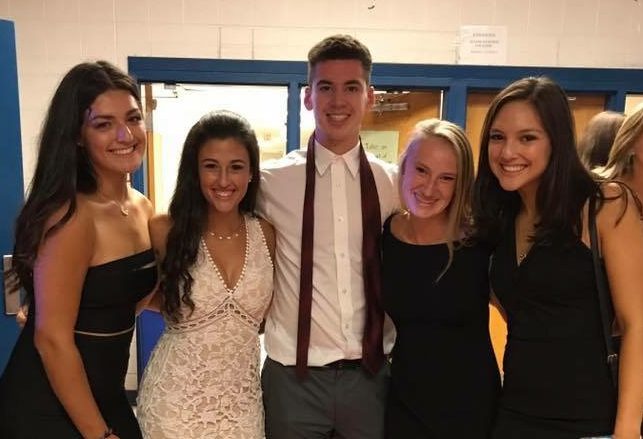

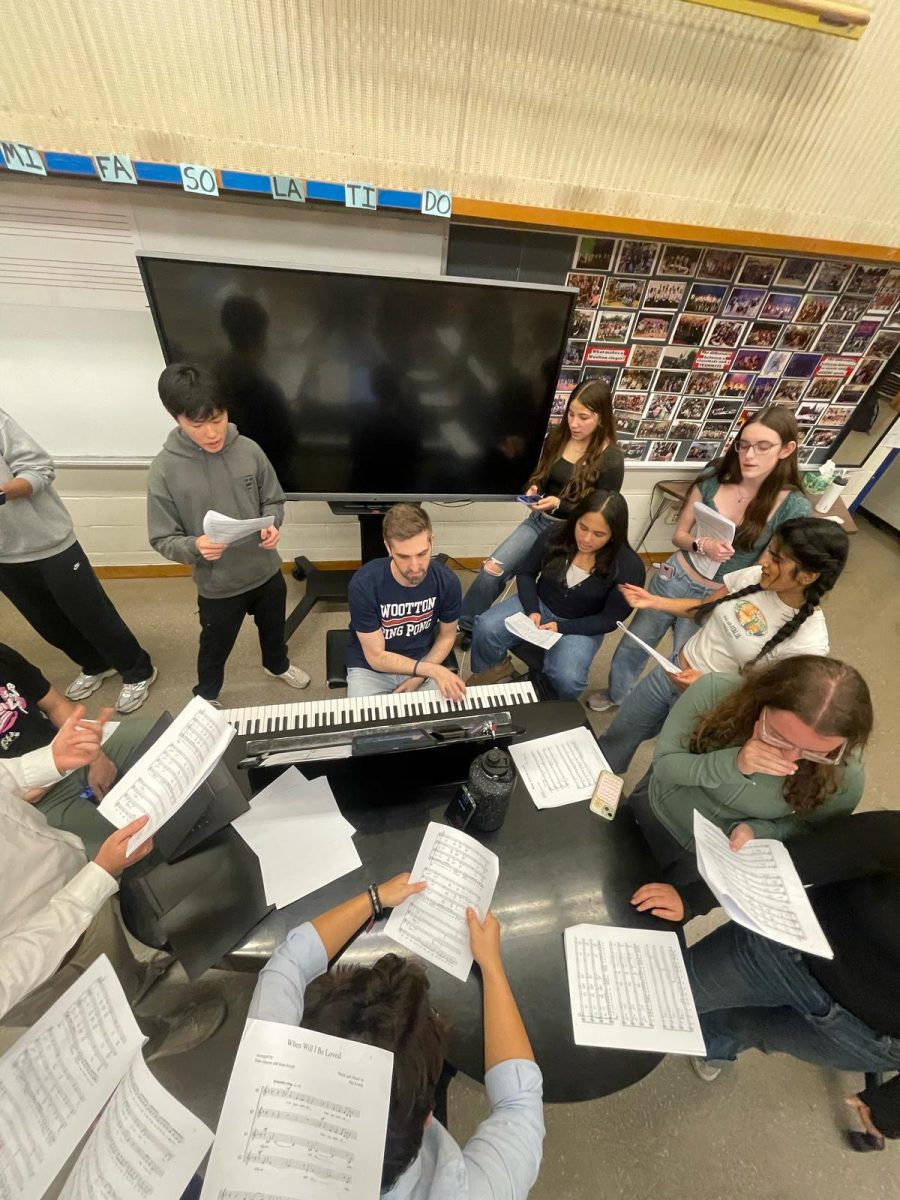
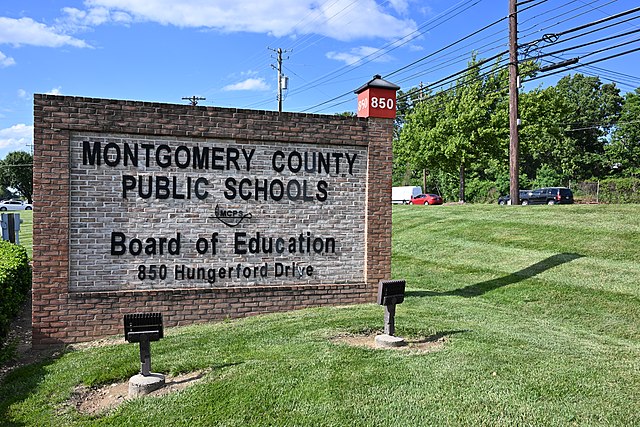
![The 2025-2026 Editorial Board Alex Grainger, Cameron Cowen, Helen Manolis, Emory Scofield, Ahmed Ibrahim, Rebekah Buchman, Marley Hoffman, Hayley Gottesman, Pragna Pothakamuri and Natalie Pak (Chase Dolan not pictured) respond to the new MCPS grading policy. “When something that used to be easy suddenly becomes harder, it can turn [students’] mindset negative, whereas making something easier usually has a better impact. I think that’s where a lot of the pushback comes from. But if you put emotions aside, I do think this change could help build stronger work ethic,” Ibrahim said.](https://woottoncommonsense.com/wp-content/uploads/2025/09/fqr5bskTXpn0LRQMmKErLuNKdQYBlL726cFXBaWF-1200x900.jpg)
